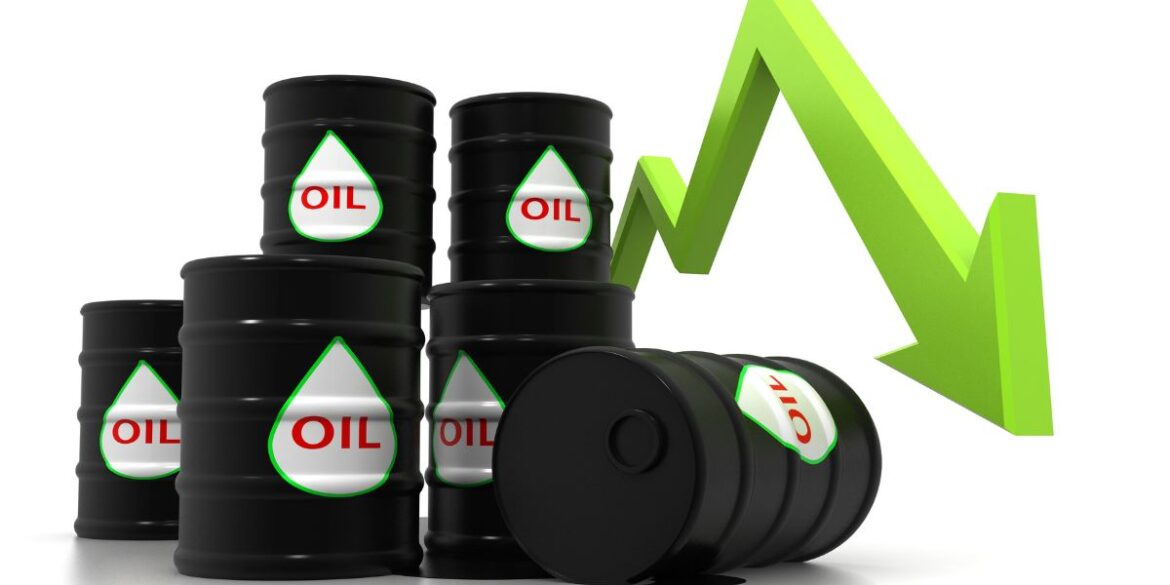Global oil markets posted another strong week, with Brent crude rising to close near $65.41 per barrel and West Texas Intermediate (WTI) reaching $62.49. Gains were largely fueled by improving trade dynamics between the United States and China, bolstering sentiment across energy markets. However, optimism was tempered mid-week by renewed speculation of a potential nuclear accord between the U.S. and Iran, which could lead to increased Iranian oil exports and a possible supply glut. This geopolitical wrinkle briefly stalled oil’s momentum, resulting in a modest price retreat.
In Washington, the Biden administration introduced a sweeping escalation of trade measures against China, targeting key sectors within the renewable energy space. The administration doubled tariffs on Chinese-manufactured solar panels and more than tripled tariffs on lithium-ion batteries used in electric vehicles. These increases are scheduled to be phased in over three years and represent a significant step in the administration’s broader industrial policy strategy. The goal is to protect and nurture the domestic clean energy sector, particularly solar manufacturing and EV battery production, both deemed essential to national economic and energy security.
The tariff announcement sent shockwaves through global renewable energy markets. Project developers and financiers worldwide reassessed supply chain exposures and project costs in light of the rising protectionism from the U.S. government. In the immediate term, valuations of some renewable energy companies dipped, reflecting market uncertainty about sourcing and pricing.
Complementing its protectionist stance, the White House also pledged $6.6 billion to support the continued operation of aging nuclear plants and to accelerate the development of next-generation reactors. This dual policy track aims to ensure energy security while simultaneously advancing clean energy goals. The funding will help bridge economic gaps faced by legacy nuclear infrastructure and bolster investment in advanced nuclear technologies that promise safer, more efficient energy generation.
Overall, financial markets reacted cautiously to the interplay of rising energy prices and escalating trade frictions. Investors monitored crude oil’s resilience against a backdrop of shifting industrial policy and growing geopolitical complexity. The Biden administration’s aggressive stance signals a long-term commitment to reshaping America’s clean-tech landscape, though it introduces fresh risks for global supply chains and international trade relations. The week highlighted the delicate balance policymakers must strike between promoting domestic industry and maintaining stable global market conditions.

